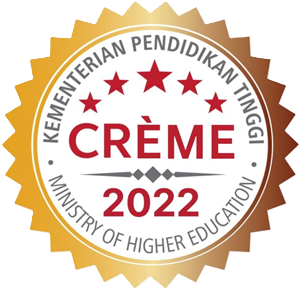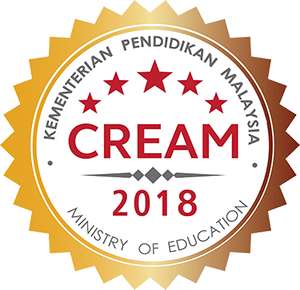DIVERSITY OF MEDICINAL PLANTS IN THE PRACTICE OF BERTUNGKU AMONG MALAY TRADITIONAL PRACTITIONERS (MTPs) IN PENINSULAR MALAYSIA
DOI:
https://doi.org/10.26525/jtfs2025.37S.SI.41Keywords:
bertungku, medicinal plants, Malay traditional practitioners, traditional claimsAbstract
Traditional medicinal knowledge has long been practiced in the daily life of the Malay community to maintain body health. Among them is the postpartum practice–bertungku (hot compression). However, this practice has gradually been forgotten and replaced by modern medicinal techniques. Therefore, this study aims to explore and describe the practice in more detail and identify the plants used by Malay traditional practitioners (MTPs) and their uses. The analysis is based on the data collected through the ‘Comprehensive Documentation of Malay Traditional Knowledge Related to Medicinal Plants in Peninsular Malaysia’ project, which has been implemented in Phase 1 (2013–2016), Phase 2 (2016–2019), Phase 3 (2020–2022), and Phase 4 (2022–2023). The data was obtained through semi-structured interviews and a series of plant sample collections with 358 MTPs to gather information regarding the uses and application of the plants. The study revealed that 36 practitioners are still practicing bertungku. A total of 37 medicinal plant species from 24 families have been used by practitioners, which include trees, shrubs, herbs, creeping herbs, rhizomes, climbers, and grasses. Five plant species are commonly used for bertungku, such as Morinda citrifolia L. (Mengkudu, Kemudu), Alpinia galanga (L.) Willd. (Lengkuas), Jatropha curcas L. (Jarak), Curcuma longa L. (Turmeric), and Pandanus amaryllifolius Roxb. (Pandan). Additionally, the most widely used plant families are Asteraceae (4 species), Zingiberaceae (3 species), Lamiaceae (3 species), Rutaceae (3 species), and Euphorbiaceae (2 species). The uses and applications of medicinal plants by MTPs are discussed as well. These findings show that Malay traditional knowledge and practices are still common among Malays, although gradually been forgotten. The documentation of information on Malay traditional knowledge is a prior art for researchers to scientifically explore the uniqueness of medicinal plants used in the practice of bertungku in Peninsular Malaysia. Hence, this will provide additional evidence to support the validity of these traditional claims.









